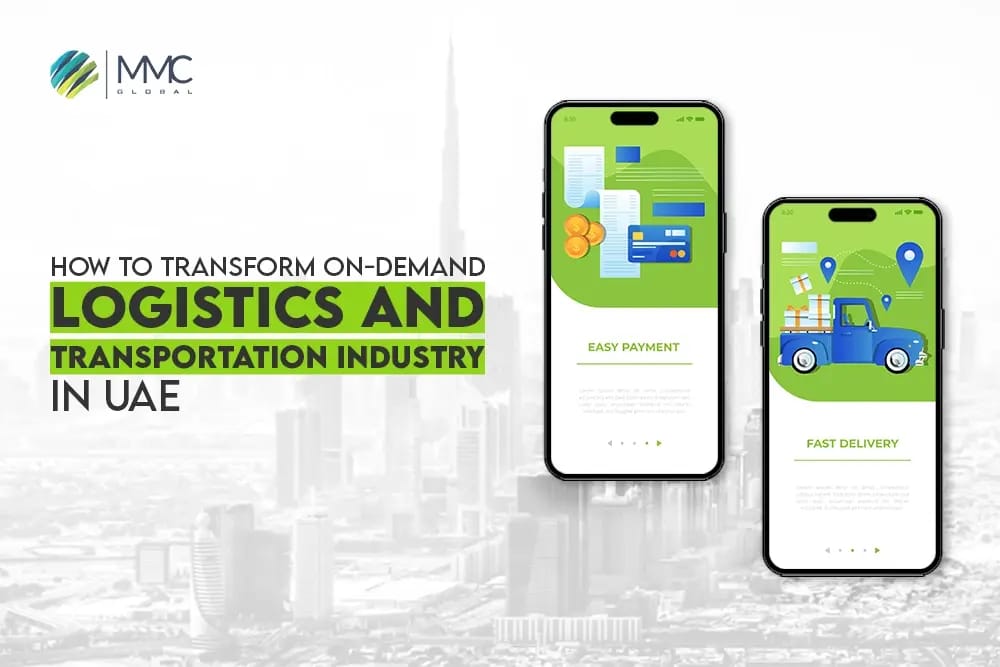Enterprise resource planning or ERP software helps businesses to transform their manual tasks into automation. ERPs can be used in almost every industry, such as education, real estate, finance, healthcare, logistics, etc. Every sector has customized ERP solution modules for major organizational departments, including human resources, accounting, supply chain, CRM, procurement, warehouse management, manufacturing, eCommerce, automation, and so on.
In this article, we specifically talk about ERP for the healthcare industry. It is worth reading this article if you are inquisitive about healthcare ERPs. ERPs in the healthcare industry are used in multiple ways, such as managing patients, employees, distributions, etc.
Before discussing its modules, you first need to understand why the healthcare industry needs ERP in its operations and how it can leverage them.
What is Healthcare ERP?
Healthcare ERP software has highly sophisticated multiple modules that help to centralize data from different departments. The legacy system is based on numerous software programs to run different operations. It was quite costly. But now, ERP software is a game changer that cuts down costs, reduces working hours, fastens production, and increases efficiency by decreasing human errors. You may collect, store, and manage facility-wide data using an ERP system to speed up information exchange and do away with data silos.
In the healthcare and medical industry, you can create ERPs to manage patients, vendors, employees, and the retail market. By implementing an ERP system, you can access multiple department data (finance, HR, customer services, etc.) in one place to see the 360 views of the whole organization.

Healthcare institutions must figure out how to save expenses without compromising patient care. By improving productivity and accuracy across the board, an ERP system assists healthcare practitioners in overcoming these difficulties. In addition to providing top-notch treatment, providers may save labor expenses through enhanced workflow and reduced demand for physical labor.
Read More: How Mobile Apps Are Changing The Healthcare Industry
Perks Of Having Healthcare ERP in the Healthcare Industry
The healthcare industry has already tackled a strict routine, and to move it faster, they need technologies such as ERP to overcome the workload. Multiple healthcare ERP benefits would support management and patients’ different needs.
Improve Patient Healthcare
Patient care is the most important duty if you are serving in the healthcare industry. To keep everything aside, everyone who belongs to a healthcare institution must focus on quality treatment, medicine availability, and on-time assistance. ERP helps you in all aspects. For example, you can control or minimize administrative duties and focus more on patient care rather than managing patients and staff or dealing with vendors.
Ensure Transparency & Collaboration.
With ERP software, collaboration with different departments is easy because ERP provides a highly configured data-oriented ecosystem. Now, your finance department can easily release required expenses by collaborating on one platform. Moreover, it ensures transparency among department functions by regulating streamlined data workflow.
Realistic Decision Making
ERP software extensively concentrated on insights and real-time data upgrades. Investing in ERP with business intelligence modules helps to consolidate data in visualization to get in-depth information. By accessing real-time information about trends, you will get quick action to control situations and make great problem-solving decisions.
Decrease Operational Cost
Healthcare equipment and treatment are expenses that make institutions bear a huge amount of cost. So, decreasing costs in your routine operation is highly effective and strategic to invest in important matters. For example, integrating CRM in your customer services department effectively observes patient data and their queries. ERP software can manage employees’ and patients’ data without any glitches. The uncluttered and sorted data will help understand, share, and report from related departments.
Manage Compliance
Healthcare is a highly regulated sector. Therefore, companies must put compliance first to safeguard clients, staff, and the business as a whole. Using ERP software greatly simplifies complying with regulations. All areas of your business are accessible, transparent, and usable with an integrated ERP system. You won’t have to search for papers if you have to give them for an audit. On the other hand, an ERP system puts everything you require at your fingertips.
Read More: Artificial Intelligence technology in Medical & Healthcare
Bottom Line
ERP software is for every industry. In healthcare, the perk of having a functional ERP is highly effective in managing data for employees, patients, and vendors. If you are finding a trusted platform that helps to design, develop, and deploy ERP in your organization, then MMC GBL is here to serve. We have done 100+ ERP projects for multiple industries for employee management, inventory management, accounts control, etc. Let’s connect with us!

